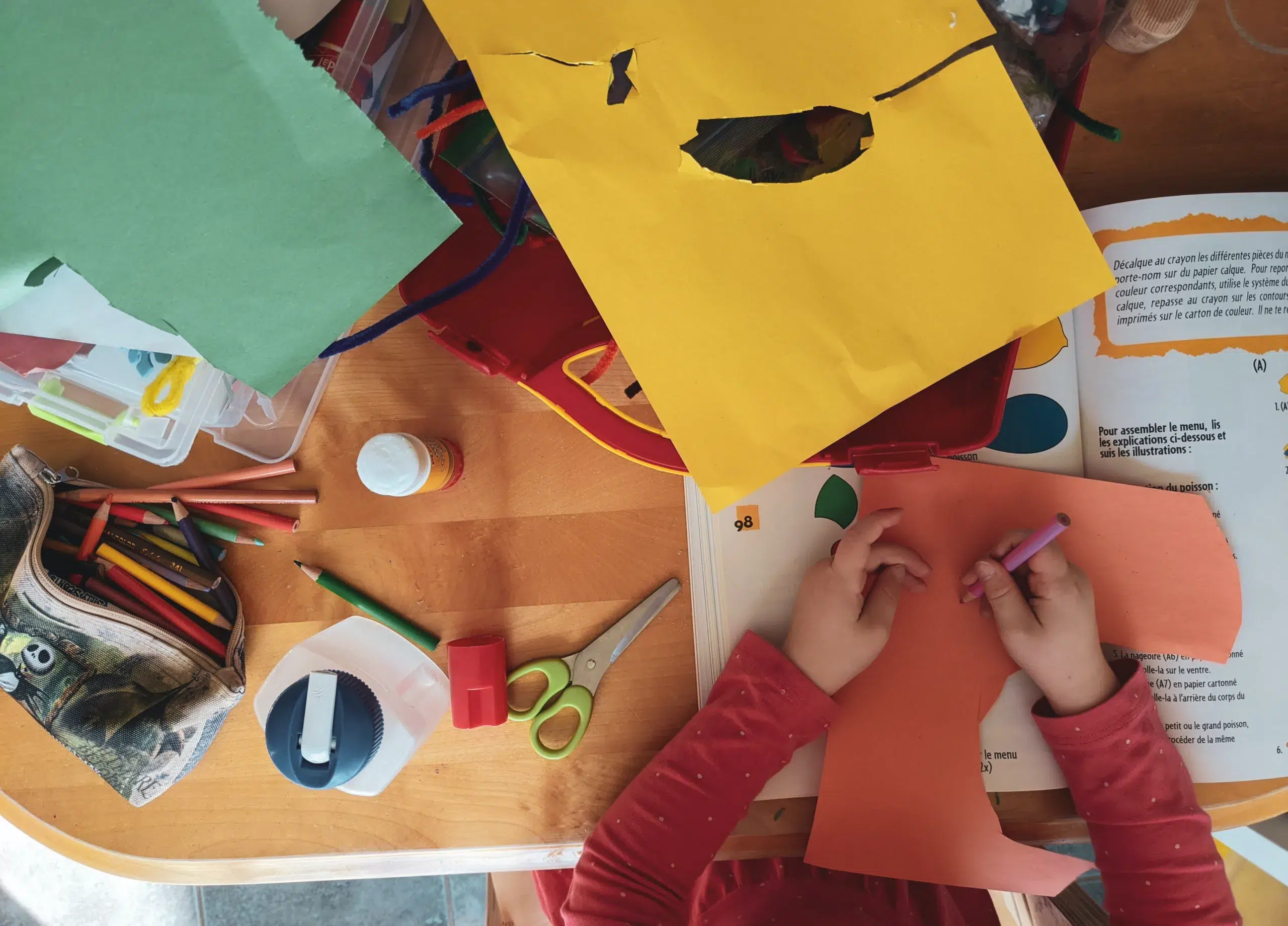Kindergarten is a crucial step in a child’s educational journey, setting the foundation for their future learning experiences. There are various types of kindergartens, each with its own unique approach and focus. Let’s take a closer look at some of the most common kindergarten types:
1. **Public Kindergarten**: These are typically funded by the government and offer free or low-cost education to children within a specific district. Public kindergartens often follow a standardized curriculum.
2. **Private Kindergarten**: Private kindergartens are run by private organizations or individuals. They may offer more flexibility in terms of curriculum and programs but often come with tuition fees.
3. **Montessori Kindergarten**: Montessori schools emphasize self-directed learning and hands-on activities. Children are encouraged to explore their interests at their own pace, fostering independence and creativity.
4. **Waldorf (Steiner) Kindergarten**: Waldorf kindergartens focus on holistic education, incorporating art, music, and nature into their curriculum. They aim to nurture a child’s imagination and sense of wonder.
5. **Reggio Emilia Kindergarten**: Reggio Emilia-inspired schools prioritize experiential learning and child-led exploration. They value collaboration, creativity, and strong relationships between teachers, students, and parents.
6. **Bilingual or Immersion Kindergarten**: These programs immerse children in two languages, helping them become bilingual or multilingual from an early age. This can provide numerous cognitive and cultural benefits.
7. **Religious or Faith-Based Kindergarten**: These kindergartens incorporate religious teachings into the curriculum. They often follow a specific faith’s principles and values.
8. **Specialized Kindergarten**: Some kindergartens cater to specific needs or interests, such as art, science, or technology-focused programs. These can be excellent choices for children with a particular passion or talent.
9. **Cooperative Kindergarten**: Cooperative kindergartens involve parents in the educational process. Parents may assist in the classroom and play an active role in decision-making.
10. **Virtual or Online Kindergarten**: With the advancement of technology, virtual kindergartens have emerged, offering online learning experiences for young children. These can be a suitable option for families seeking flexibility.
When choosing a kindergarten for your child, consider your child’s personality, your family’s values, and your educational priorities. Each type of kindergarten has its strengths and may be better suited to different children and families. Regardless of the type you choose, the key is to create a nurturing and supportive environment that fosters a love for learning and exploration.
What type of kindergarten did you attend, or are you considering for your child? Share your experiences and thoughts in the comments below!


